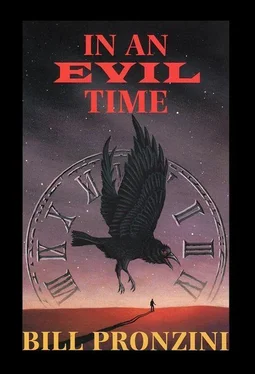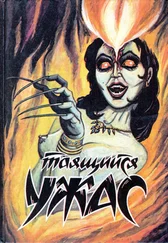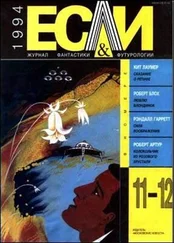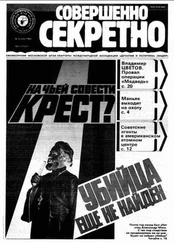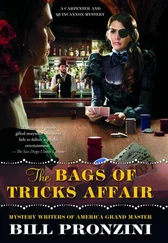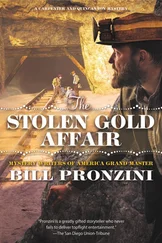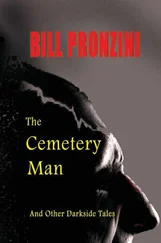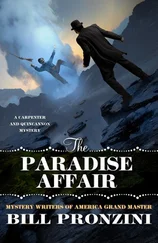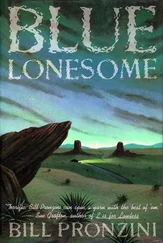He accelerated through the two short uphill turns beyond, the longer one downhill through a patch of thick woods. At the bottom was a grassy verge broken by deep grooves that led in to a closed gate. Past the gate and below the woods was a peninsula, short and humped in the middle — land that belonged to a dairy rancher and that was used for cattle graze. He stopped crosswise on the ruts, leaned over to unlock the glove compartment. He tore the chamois cloth off the Colt Woodsman and jammed the gun into his jacket pocket.
The wind was strong here, whipping in off the bay with enough force to billow his coat and bend him at the middle as he hurried to the gate. The highway was deserted; he climbed over quickly, ran along the overgrown ruts until they petered out into a single-groove cow track near the top of the hump. Prostate pain and back pain surged with every step; he blocked his mind against it, against the fatigue he felt. Functioning now on urgency and adrenaline.
On the far side, short-cropped grass and clumps of gorse sloped down to the water’s edge. Earthquake fissures showed like dark scars among the green. He followed the longest of them, still bent by the thrust of the wind, the smells of salt water and tide flats sharp in his nostrils. Halfway down he veered away at an angle to an inlet on the north side. The mudflats there had once been the property of a long-defunct oyster company; decaying bed stakes jutted out of the mud at oblique angles like rotting teeth. He skirted a strip of beach and a fan of discarded oyster shells, followed the outward curve of the shoreline.
It was almost dark now, only a faint band of light showing along the horizon, the rest of the sky a velvety purple. He had to slow down, because he could no longer see more than a few yards in front of him. The flash from the car would have helped, but he hadn’t brought it because he could not afford to risk showing light. It wasn’t far now anyway to where he’d be in sight of the cottage — just around a gorse-covered neck of land ahead.
A gull came swooping in over the tide flats as he cleared the neck; its thin shrieking made him grit his teeth. The only other sound was the beating of the wind. The cold had numbed him, raised gooseflesh on his arms. He kept his hands in his coat pockets, his fingers loose and restless around the handle of the .22.
Now he could make out the cottage, sixty yards away, dark and squatty between the pines and the faintly gleaming surface of the bay. It was directly in front of him and there were no windows in the south-side wall; even if Burke were looking out toward the bay, she wouldn’t be able to spot him in the darkness at this angle. He expected to see light glowing behind the deck doors — the drapes were old and a bad fit, leaving gaps at the edges and in the middle — but there was none. A hollow churning started under his breastbone as he slogged ahead. Wrong about the whistling and howling, and she hadn’t brought Kenny here after all? Or had she been here and gone because she’d already carried out her threat? Both possibilities were intolerable; he blocked them out as he blocked out the pain and fatigue.
The shoreline became a wide stretch of gravel and mud, and he cut inland onto firmer ground. An unseen rock caught the toe of his shoe and he stumbled, nearly fell. It was like moving in a dream, the darkness closing down, objects losing definition, shadows gathering into grotesque shapes. Sweat flowed and chilled on his body. The cottage seemed no closer, no larger, as if he were stepping in place instead of progressing forward — a delusion that lasted until he could make out the dock, the attached float where Pop had died. Then it was as if the building were too close, too large, a hulking presence in the night.
A faint petroleum smell came to him as he reached the dock. He glanced out over the water; there were no powerboats in the vicinity, no running lights anywhere. The old wood landing at the foot of the stairs creaked when he climbed onto it, but the gusty wind was loud enough to hide the sounds he made from anyone other than himself. He paused halfway up the stairs to listen. Just the wind. Even the gulls were quiet now.
When he reached the top he detoured away from the cottage, around behind the sagging garage. In the wallboards back there were gaps where they’d buckled and separated; he bent to peer through the largest of them. All he could see were layers of black. He took out his key ring, poked its mini-flashlight through the gap, and flicked it on just long enough for a quick look.
The BMW was parked inside.
Burke was here, Kenny must be here too.
But why hadn’t she put the lights on? Holed up in the cottage in the dark... he didn’t like that. Nerving herself? That must be it. She wouldn’t still be here if she’d already harmed the boy, would she?
Quickly he went back the way he’d come, approaching the cottage at a diagonal, his footfalls on the dry pine needles muffled by the wind. The shutters were closed over the kitchen window; he couldn’t see in, she couldn’t see out. He edged up to the door. His breathing came short and ragged; he sucked air in openmouthed drags as he unpocketed the Woodsman. The wind shifted, moaning, and then gusted as if it, too, were having trouble with oxygen. He caught another brief whiff of petroleum.
He could not just stand out here and wait for something to happen. Get inside fast and as quietly as he could, put a light on right away, do whatever the situation dictated. Point and shoot, Hollis — literally, if that’s what it takes. He knew he could pull the trigger this time, without hesitation or compunction.
He laid his left hand on the doorknob. If the lock was on, he’d use his key.
The lock wasn’t on.
He turned the knob, heard the latch click, eased the door inward. And the petroleum smell came rolling out at him as if released, strong and pungent, flaring his nostrils, closing his throat.
Gasoline.
A lot of it, spilled around inside.
Oh God, no!
He let the wind take the door, blow it inward until it bound up tight halfway on the uneven floor. He stepped in past it, fighting panic. The gasoline stink was everywhere in the clotted darkness, overpowering, nauseating.
There was no wall switch; the nearest light source was the pullstring to the globe over the kitchen table. Every inch of the interior was burned into his memory — the table three steps to his left, no obstructions in between. He took one step, two—
A snick, a rasp, and a small flame bloomed suddenly in the black. The yellow flare chased shadows, showed him pieces of a nightmare scene out of one of Rakubian’s Goya paintings.
Burke was sitting in Pop’s old Morris chair, turned so that she was facing toward him. Sitting there almost primly, knees together, the flame jutting from a cigarette lighter held up in front of her and steady now because her hand was steady. It threw off enough light so that he could make out the horsehair sofa nearby, distinguish the small, unmoving, blanket-covered mound on the cushions. He saw something more, too, that froze his blood and brought a stillborn cry into his throat.
In the flickery glow, everything gleamed wetly: the floor, the window drapes, the chair, the sofa, the blanketed mound, her upraised arm and high-necked blouse and composed face and white-rimmed eyes staring out of shadowed black. She’d soaked it all, soaked Kenny, soaked herself with the gasoline.
Not just murder, suicide too.
Burning in the fires of hell .
She said in a clear, calm voice, “So you found me after all. But not in time, Hollis.”
“For God’s sake, don’t—”
“Too late. Too late.”
“No!”
She said, “Suffer!” with a kind of fierce joy, and flung the lighter at the sofa.
Читать дальше
